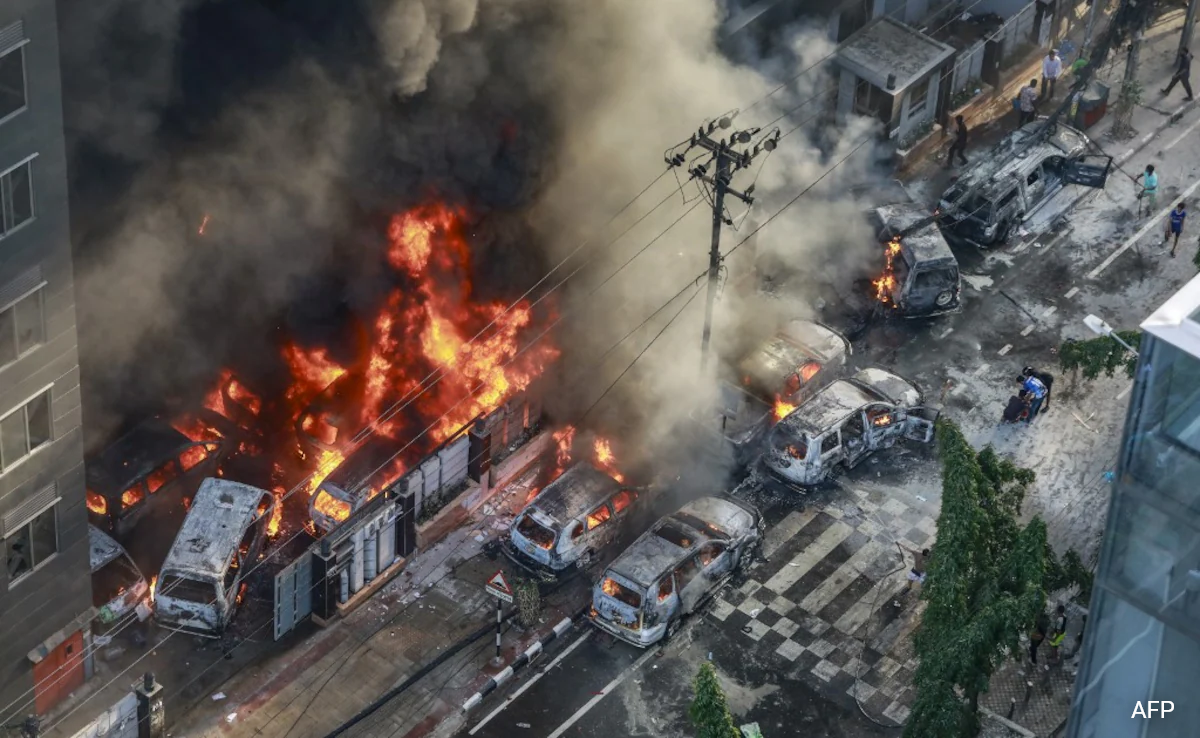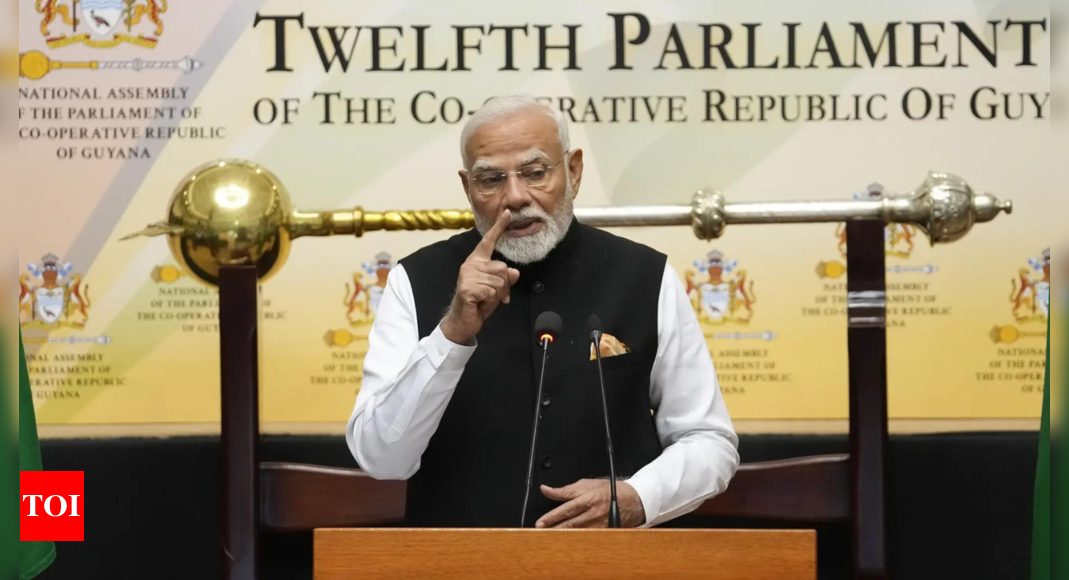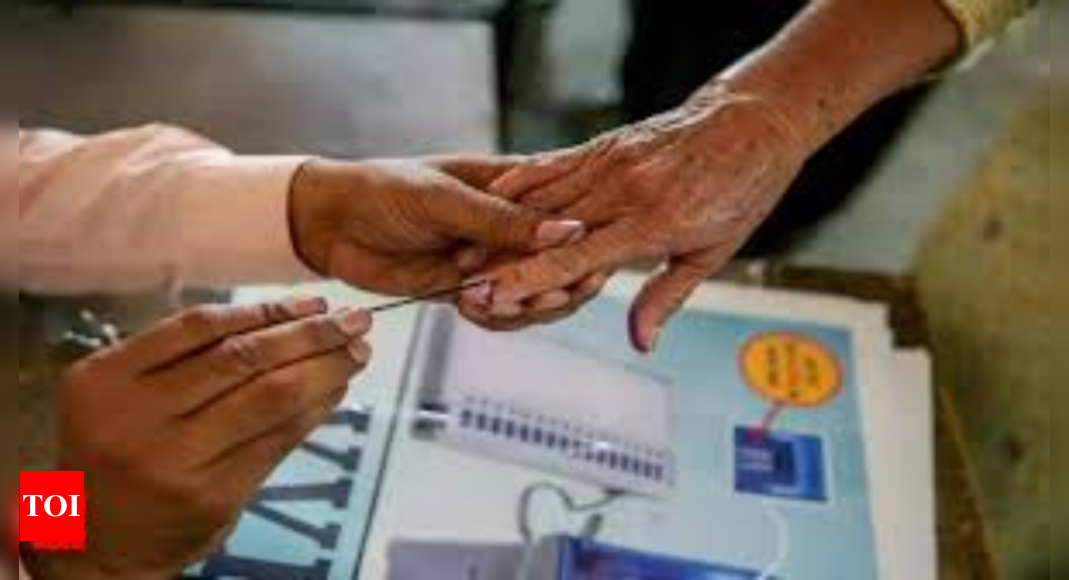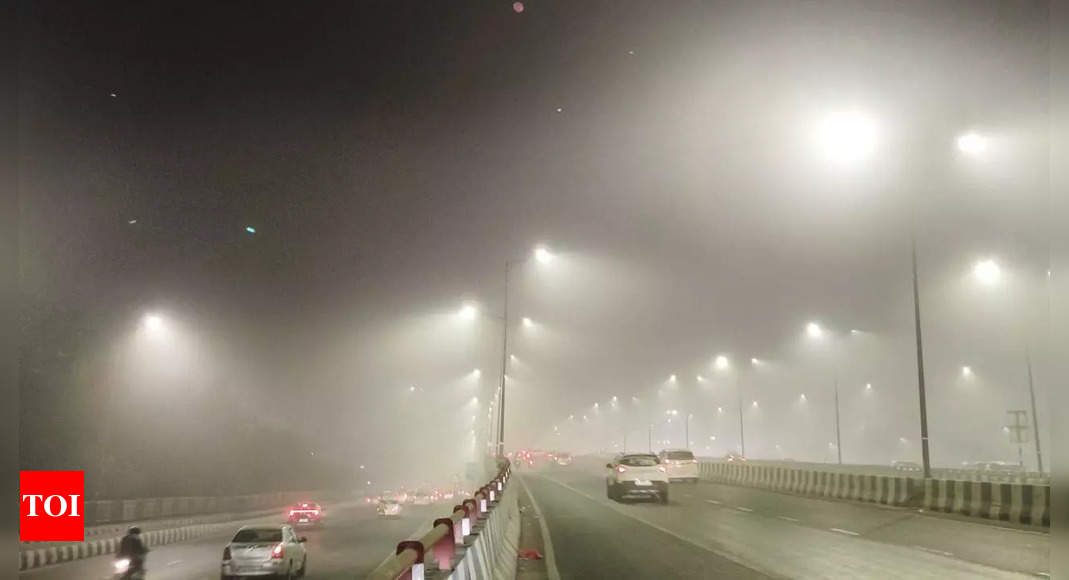
Bangladesh Unrest: Over 100 people have died in the protests over contentious civil service hiring rules.
Dhaka:
Amid the unrest in Bangladesh, the official websites of Bangladesh’s Prime Minister’s Office, Central Bank and police appeared to have been hacked by a group calling itself “THE R3SISTANC3”.
In identical messages on all three sites, “Operation HuntDown, Stop Killing Students,” adding in red font colour: “It’s not a protest anymore, it’s a war now.”
The message reads, “The peaceful protests of our brave students have been met with brutal violence and murder, orchestrated by the government and its political cronies. This is no longer a mere protest; this is a war for justice, for freedom, and for our future.”
The group further said, “We urgently call upon hackers, OSINT investigators, and journalists to join our cause. We need your skills, your information, and your courage to take decisive action. The time for passive observation is over.”
Another message at the bottom of the website reads, “Prepare yourselves. The fight for justice has begun.” The website also featured pictures of five men and two dogs without mentioning details about them.
The unrest was sparked by students who have long demanded an overhaul of the quota system, which originally reserved 30 per cent of government jobs for descendants of veterans who fought in Bangladesh’s war of independence in 1971.
Critics argued that this system favoured allies of the ruling Awami League party, which spearheaded the liberation movement against Pakistan. Over 100 people have died in the protests over contentious civil service hiring rules.
Following protests that resulted in the deaths of over 100 fatalities over contentious civil service hiring rules, the Bangladesh Supreme Court ruled to slash the quota reserved for relatives of war veterans’ from 30 per cent to 5 per cent while allowing 93 per cent to be allocated based on merit and the remaining 2 per cent to be earmarked for members of ethnic minorities, transgender individuals, and the disabled, Al Jazeera reported, citing local reports.
The verdict, delivered on Sunday, comes after weeks of demonstrations led predominantly by students. Tensions reached a peak when clashes erupted between protesters and groups allegedly linked to the Awami League, resulting in accusations of excessive force by the police against demonstrators, as reported by Al Jazeera.
Previously, Bangladesh Prime Minister Sheikh Hasina’s government had attempted to abolish the quota system in 2018. However, the High Court reinstated it last month, reigniting public outrage and prompting renewed protests.
Throughout the unrest, the government imposed stringent measures, including a curfew, the deployment of military forces, and a communication blackout that isolated Bangladesh from the outside world.
Reports emerged of police using tear gas, rubber bullets, and smoke grenades to disperse protesters, exacerbating public anger. Hasina defended the quota system and highlighted the contributions of veterans to the nation’s independence, regardless of their political affiliations. However, her government’s efforts to showcase protesters as unpatriotic further fueled anger among the protesters.
The Bangladesh government’s decision to sever phone and internet connections contributed to what was described as an “information blackout.” The heavy-handed response from authorities intensified calls for broader political reforms beyond the quota issue, with demands growing for the government’s resignation.
Protesters asserted that the demonstrations were not just about job quotas but also about the loss of lives, the destruction of property, and the stifling of information flow. Political analysts viewed the protests as a pivotal moment for Bangladesh, suggesting that the government faced a significant challenge to its legitimacy.
Despite the turmoil, opinions diverged on the potential outcomes, with some predicting political survival for Hasina’s administration while others speculated on the protesters’ ability to sustain pressure for systemic change.
The court’s decision to reduce the quota system was met with cautious optimism by some protesters, although the broader implications remained uncertain amid ongoing restrictions and tensions.In response to the escalating crisis, Hasina’s government declared public holidays and restricted non-essential services to manage the situation, Al Jazeera reported.
(Except for the headline, this story has not been edited by NDTV staff and is published from a syndicated feed.)









